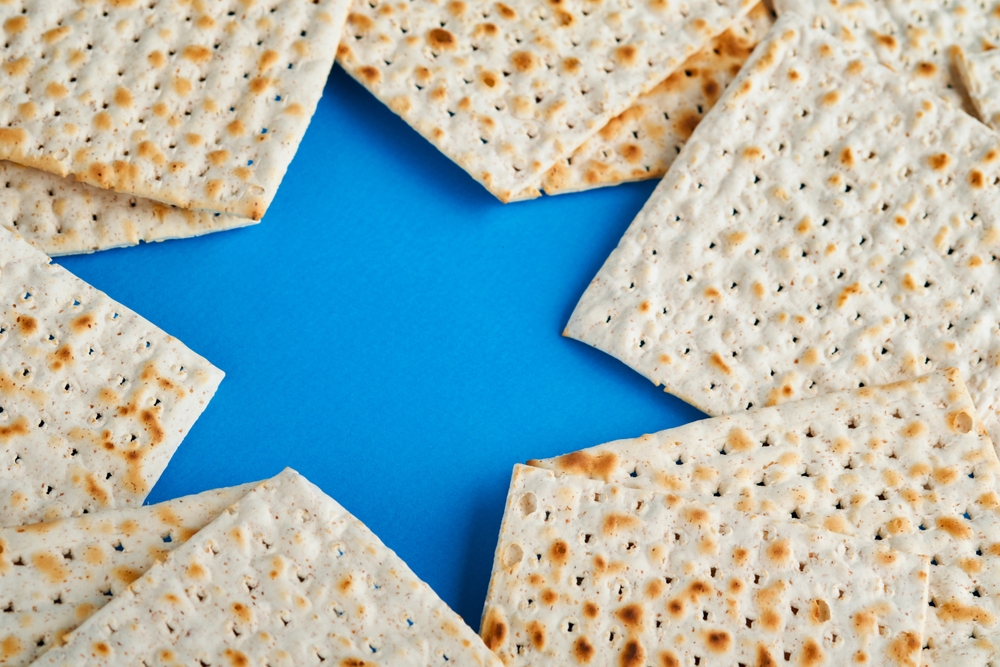Passover, a significant Jewish holiday, is upon us once again. As it begins tonight, it is essential to understand its historical importance, unique traditions, and the dietary rules observed by those who celebrate. In this article, we’ll guide you through the key aspects of Passover and what you need to know to appreciate its significance.
- The Importance of Passover Passover, or Pesach in Hebrew, commemorates the liberation of the Israelites from Egyptian slavery over 3,000 years ago. The holiday lasts for eight days (seven days in Israel) and serves as a reminder of the hardships the Israelites endured and the importance of freedom.
- The Seder: A Unique Passover Tradition One of the most prominent traditions during Passover is the Seder, a ritual feast held on the first two nights of the holiday. The Seder involves retelling the story of the Exodus and partaking in symbolic foods, each representing different aspects of the Israelites’ journey to freedom. A Haggadah, a special Jewish text, is read aloud during the Seder to guide the ritual.
- Foods Associated with Passover During Passover, specific foods hold great significance. These include:
- Matzo: Unleavened bread that symbolizes the Israelites’ haste when leaving Egypt.
- Maror: Bitter herbs, such as horseradish, that represent the bitterness of slavery.
- Charoset: A sweet mixture of fruits, nuts, and wine, symbolizing the mortar used by the Israelite slaves to build Egyptian structures.
- Karpas: A green vegetable, often parsley, dipped in saltwater to represent the tears of the Israelites.
- Dietary Restrictions Observed During Passover During Passover, those who celebrate abstain from consuming chametz, which refers to leavened products made from wheat, barley, rye, oats, or spelt. This restriction serves as a reminder of the haste with which the Israelites fled Egypt, leaving no time for their bread to rise. Instead, they consume matzo, the unleavened bread.
- Passover in the Workplace and Community Passover can impact work schedules and dietary requirements for those who celebrate. Be mindful of colleagues and friends observing Passover, as they may have limited availability or specific dietary needs during this time.
As Passover begins, it’s essential to understand its historical significance, unique traditions, and the dietary rules observed by those celebrating. By doing so, we foster a greater appreciation for the holiday and the rich cultural heritage it represents. Remember to be considerate of those celebrating Passover in the workplace and the community by acknowledging their traditions and dietary restrictions.

